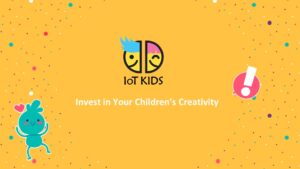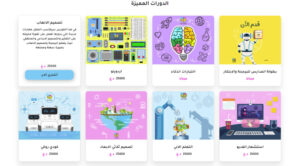WSA NOMINEES OF LEARNING AND EDUCATION 2021
THE INFORMATION ACCESS GAP, NO LONGER INVISIBLE
WSA focusses on selecting and promoting digital innovation and quality content from local communities from over 180 UN-Member States. Every year WSA National Experts nominate up to 8 best digital impact practices from their countries, classified into 8 WSA Categories. WSA encourages knowledge sharing within the WSA Network and beyond to reach the UN SDGs.
The Covid-19 Pandemic has disrupted formal and non-formal education. Around 190 countries established national school closures, thus turning access to technology and the internet into an essential human right in order to access education. As a consequence, the risk of inequalities due to the digital divide increases. Moreover, the “Are Children really learning” [1] feature, emphasizes that 147 million children missed more than half of their in-person schooling over the past two years.
2.2. billion children and young people remain unconnected, which accounts for two-thirds of children and young people worldwide, according to UNICEF in 2020 [2]. The inequalities in internet access present differences between rural and urban areas, as well as social and economic levels [3]. Furthermore, particularly in parts of Africa and South Asia, gender disparities in internet access are also a barrier to technology access [4]. UNICEF’s report points out that the “lack of connectivity among the most marginalized … places them at an extreme disadvantage” [5]. Moreover, it excludes them from the modern economy. In the convention on the Rights of the Child, Article 28.1. the States Parties recognize the right of the child to education… they shall, in particular: (a) Make primary education compulsory and available free to all; and (b) Encourage the development of different forms of secondary education, including general and vocational education [6]
The digital divide has been a prime concern of the nominated projects in the Learning and Education Category of WSA 2021, which unfortunately will not be able to be mentioned in this article. The WSA Category of Learning and Education focuses particularly on products that:
- Address the learning needs of every level of learner and create personalized and distributed education resources online
- Help teachers to enhance and simplify teaching & material creation & find new methods and innovative teaching solutions using ICTs
- Eliminate gender disparities in education and ensure equal access to all levels of education and vocational training
- Provide child, disability, and gender-sensitive education tools and safe, non-violent learning environments
Trend 1: Training for teachers, motivation
The first trend focusses on providing educational and training resources, as well as new methodological tools, for teachers and educators, to incorporate the use of digital technologies in their everyday classes. Moreover, it focusses on providing tools that may help to keep the commitment of students as well as engaging students that have dropped out to return to their studies.
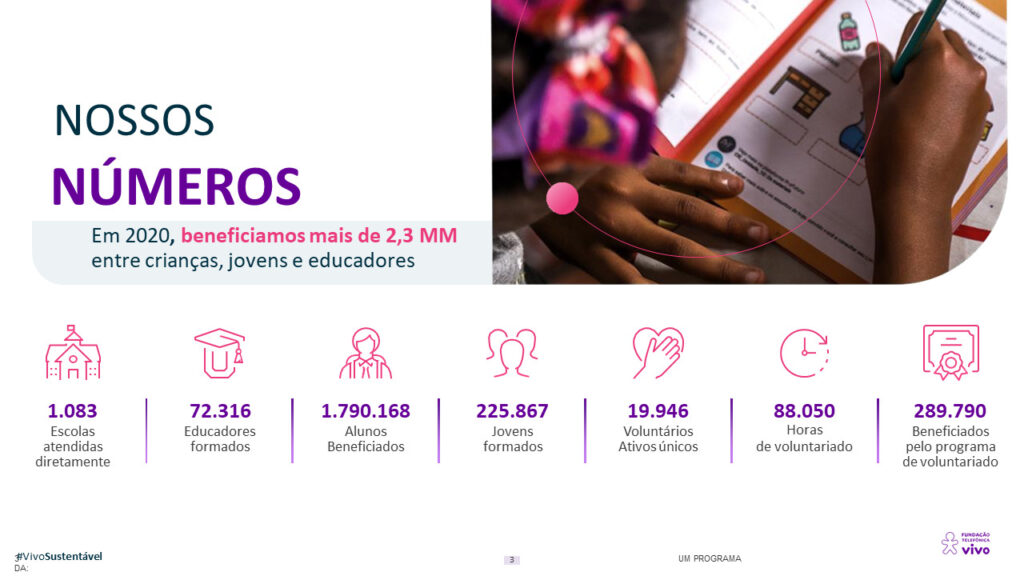
Connected Schools, from Brazil, targets providing affordable, online education and courses to re-develop and provide new methodological tools, teachers, and educators to connect with the digital world, while they share their experiences and create training opportunities, using technology.
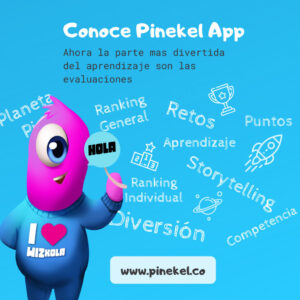
Pinekel, from Colombia, is a gamification-based web app, that allows keeping the motivation and engagement up during the learning process, as the new generation of students is a more digital student and more connected generation. It is conformed to mechanics, points, rankings, awards, and competitions.
Tutorez, from Guatemala, is a tutoring service, that offers a web platform where tutors of both academic and non-academic subjects can connect with students. Through a single platform, the student can find, book, and pay for the services of a verified tutor. As well as the tutor can work in a professional and safe environment. Encauce, from Mexico, addresses the issue of high school dropouts, by providing a digital solution for both personal and academic development, that focuses on helping young people to achieve their self-realization goals. Through algorithms, innovative pedagogical tools, and gamification, they help design interests and process of development in a more personalized way.
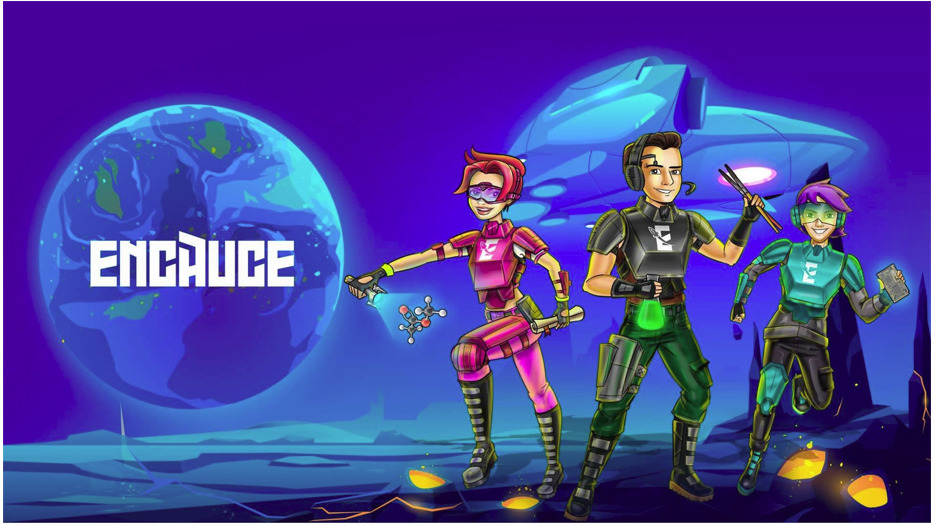
Trend 2: Learning Languages through the digital world
The second trend places a focus on the learning of foreign languages, as well as the reinforcement and online platforms to strengthen and provide aid in the learning and achieve basic capacities, such as literacy skills and the understanding of grammar.

Beereaders, from Chile, is a digital platform that seeks to improve literacy skills for Spanish-speaking students. It targets Spanish-speaking students by offering a personalized experience and adding a gamification component. It focuses on providing authentic and culturally relevant Spanish content. It furthermore offers an offline mobile app for students with connectivity issues or in remote or rural areas.
Tawasoulonline, from Lebanon, is an Arabic language learning platform, founded by teachers. It allows students to learn through drawings, which helps them easily understand the rules and pronunciation. It seeks to target the different difficulties that students face with learning the Arabic language. The exercises rely on Gamification. It employs audio-visual methods and contemporary texts.
AlinArabic, from the Syrian Arab Republic, is a blog that targets the lack of an Arabic Dictionary for Artificial Intelligence. Therefore, AlinArabic provides an Arabic dictionary for Artificial Intelligence Terms, as well as a space to develop new ideas about AI in Arabic languages. Moka Mera Lingua, from Finland, focusses on providing an app that allows children to be curious and inspired by new languages. At the same time, the apps’ central point is triggering curiosity, motivation, and inspiration for children to learn a new language. The kids can see two characters, speaking different languages, while they perform their daily activities. It is frequently used in kindergartens in Finland.

Trend 3: Technological training through online platforms
The third trend places a particular focus on providing online formation on online platforms, to give opportunities to children and teenagers, and engage in the programming world, by learning how to create applications, video games, or design websites. All concentrated on making up for the lack of subjects in school that could allow the children to be more prepared for the new technological future world.
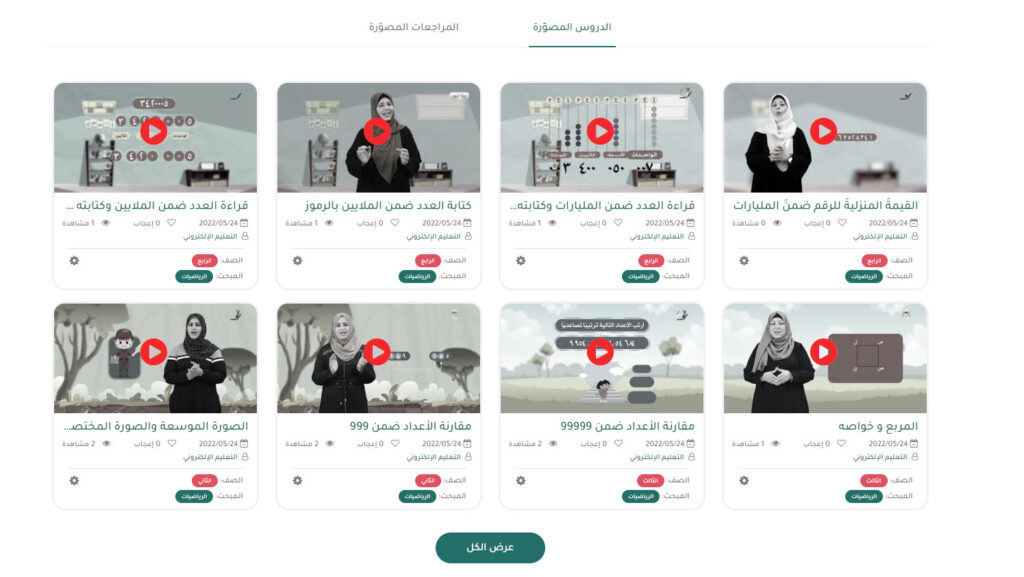
Rawafed Channel, from Palestine, is a portal and TV Channel that clusters on providing educational materials, resources, and video lessons of high quality. They are easily accessible and used both by students and teachers. E-learning has become a priority for the E-Learning team of the Ministry of Education of Palestine. As the obstacles faced by them, such as infrastructure, weak internet, power outages, lack of technological infrastructure and social justice, low availability of computers or smartphones, as well as Covid-19 difficult the process of learning. The Channel offers resources and educational programs for free, which have been authenticated by the Palestinian Ministry of Education. IoT KIDS, from Iraq, is an online platform, that revolves on teaching kids and teenagers from the ages of 7 to 15, how to develop a healthy use of technology. It offers game design, robotics, electronics as well as 3D modeling, and AI. The format of the classes has two designs, the first one, private online classes, and the other is courses in their Mobile App.
Dantes Circles, from Russia, aims at bringing classic literature closer to modern readers, particularly students, and everyone that is interested in taking a historical and literary journey in the days of Dante. How? By creating a multimedia guide of the life of the poet Dante and his masterpiece, The Divine Comedy, they have reconstructed the visuals of Hell, Purgatory, and Paradise, based on Dante’s descriptions.
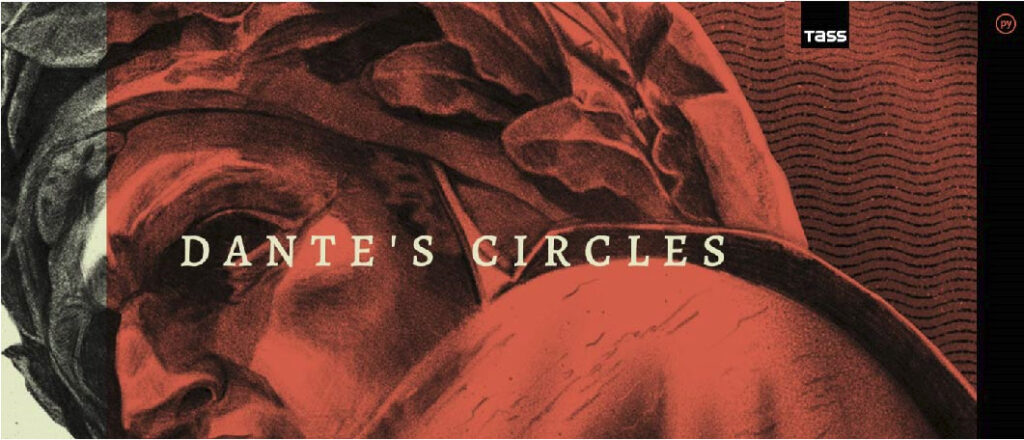
iSchool, from Egypt, provides an online educational platform, focused on providing online courses for children, so they can learn how to code, and design applications and video games or websites.
Access to Internet has become crucial during the Covid-19 Pandemic. Furthermore, in a period of lockdowns and social distancing, the need to make this access universal has become clearer. Particularly in the case of education, as it constitutes the channel through which children could and can continue to receive their education, even when facing a context where national education systems have had to close presential classes. Moreover, access to the internet is necessary, for instance, the access to reliable information, as well as a necessary tool to exercise human rights, both online and offline, according to international human rights law [7]. As stated by the UNICEF Report, “The global community must not wait for the next emergency to ensure that children’s right to information is realized” [8] nor it must wait to ensure equal access to education.
Do you want to learn who are the rest of the WSA nominees for the Learning and Education Category of 2021? Click below!
WSA NOMINEES LEARNING AND EDUCATION 2021
References:
[1] https://data.unicef.org/resources/are-children-really-learning-foundational-skills-report/
[2] , [3] United Nations Children’s Fund and International Telecommunication Union, “How many children and young people have internet access at home? Estimating digital connectivity during the COVID-19 pandemic.” UNICEF, New York, 2020.
[4] https://www.unicef-irc.org/publications/pdf/IRB%202020-12.pdf
[5] United Nations Children’s Fund and International Telecommunication Union, “How many children and young people have internet access at home? Estimating digital connectivity during the COVID-19 pandemic.” UNICEF, New York, 2020.
[6] Convention on the Rights of the Child: https://www.unicef.org/child-rights-convention/convention-text#
[7] https://news.un.org/en/story/2021/07/1095142
[8] https://www.unicef-irc.org/publications/pdf/IRB%202020-12.pdf



